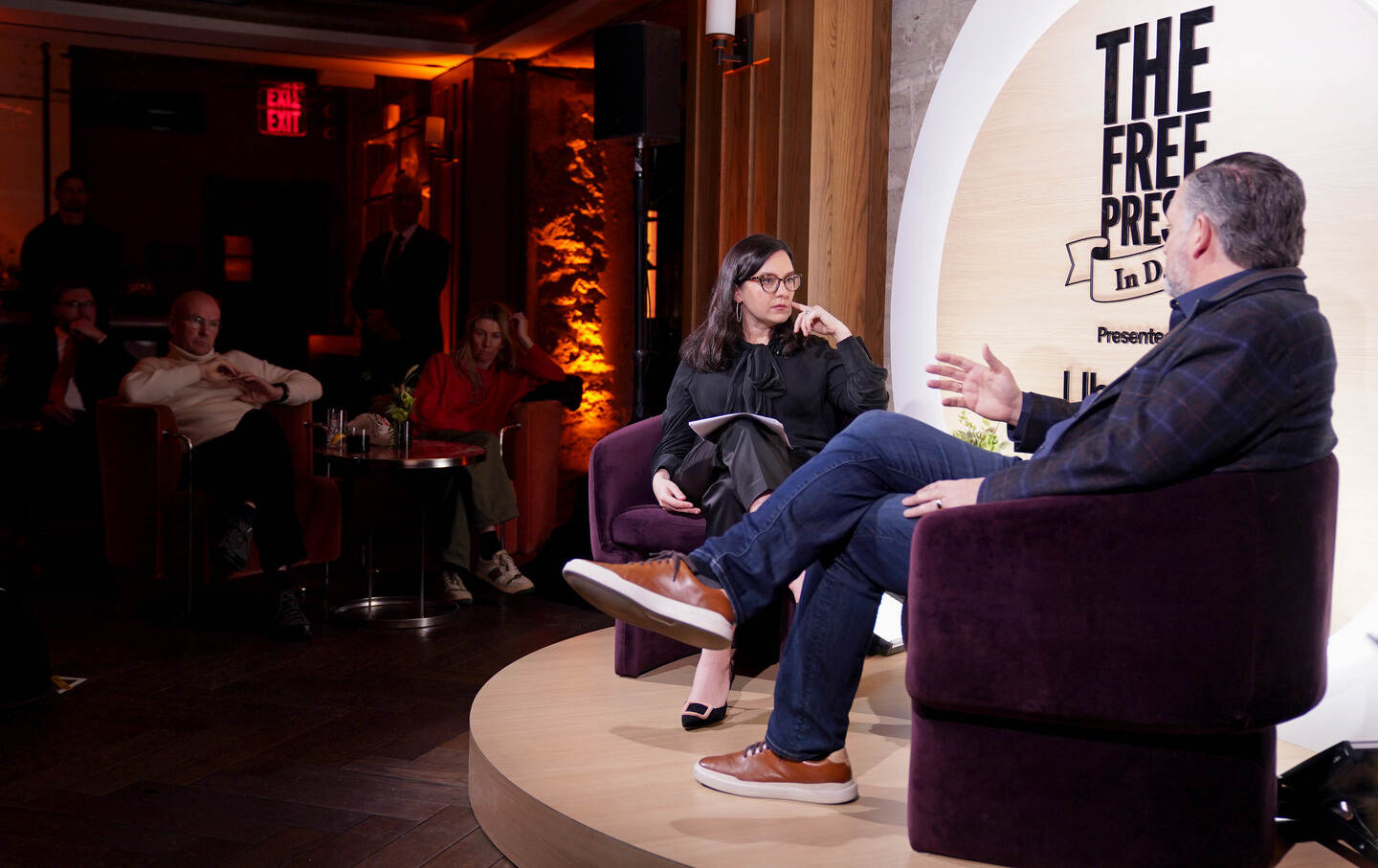
Rachel, as she describes herself, is the kind of person who leaps into action when help is needed. This instinct led her to work at the United States Agency for International Development (USAID) and, just ten days into Donald Trump’s second term, to rent a room in a Washington bar for her former colleagues to gather. That evening, they shared drinks and exchanged “crazy stories” of navigating deserted office buildings stripped of art and life, trying to make sense of the unsettling changes happening around them.
Motivated by a desire to protect the agency from what she saw as a looming threat from Elon Musk and his Twitter antics, Rachel began to gather photographs that once adorned the walls of USAID, highlighting its vital accomplishments in humanitarian aid. She sent these images to a fellow alum, Veronica, who immediately responded with enthusiasm and a willingness to help. Despite their busy lives as mothers, Rachel and Veronica seized the @FriendsofUSAID Instagram handle and began posting vital information: scripts for voters to call their representatives, data demonstrating how USAID bolstered state economies, and alarming statistics about the dangers posed by cuts to foreign aid.
As their initiative gained momentum, rumors surfaced that Musk might spend $40 million on a Super Bowl advertisement disparaging USAID. Seizing the opportunity, Rachel and Veronica reached out to the USAID community through their various Signal channels, asking what they would have done with that money if it had been allocated to USAID. Although the ad never aired, they received hundreds of responses, and on Super Bowl Sunday, they released their own video that garnered over a million views and led to a surge in followers, pushing their account to over 10,000 and earning a mention in the New York Times.
The @FriendsofUSAID account blossomed and soon became part of a larger network of Instagram accounts run anonymously by federal employees and alumni. With Trump’s resurgence, similar accounts have sprung up across multiple platforms, reminiscent of the “alt” or “rogue” agency accounts that flourished during his first administration. These accounts often find themselves shrouded in secrecy; many federal employees worry about potential repercussions for speaking out. Thus, those I spoke with requested anonymity, yet they are connected through a Signal chat where they find solidarity in their shared mission.
As the first casualties of this political climate, agencies like the Office of Personnel Management (OPM) have come under scrutiny. Alex, an employee at OPM, anticipated this shift. The agency is crucial for maintaining a merit-based civil service, contrasting sharply with the personal loyalty that Trump demands. Historically, OPM has been a target for data breaches, as evidenced by a significant Chinese hack in 2014.
Reflecting on the current atmosphere, Alex noted the unsettling feeling of being under siege. In response, they registered the Instagram handle @altusopm, with its first post humorously declaring, “Marked safe from the purge,” echoing social media messages that signal survival in dire situations.
Meanwhile, at the National Institutes of Health (NIH), researcher Sam faced another crisis: a spending freeze that halted vital medical trials and left patients in limbo. On May 5, Sam took a stand by launching @SaveHealthResearch, a collaborative effort involving a dozen contributors, all dedicated to highlighting the ongoing threats to critical health research.
Princeton University sociologist Kim Lane Scheppele, an expert on authoritarianism, explained the significance of these accounts. “Democracies require both popular support and expertise,” she stated. “These alt accounts seem to be striving to uphold the other pillar that democracy relies upon.” She further cautioned against the regression to preventable diseases like polio and measles if foreign aid cuts continue.
The Signal chat uniting these account administrators, including Rachel and Veronica, was initiated by Saul Levin, a former congressional staffer and advocate for unionizing Capitol Hill workers. Together, they vet new members, which now includes administrators from various departments, such as Energy, State, Transportation, FEMA, NASA, and more. These accounts serve as a collective voice for federal employees who wish to advocate for their agencies and the services they provide.
As the network expanded, feelings of isolation diminished. Rachel expressed gratitude for the positive environment they had cultivated. Their first joint project resulted in a video released on the Fourth of July, featuring current and former federal workers reciting their oath of office. Sam praised the collaborative spirit, crediting those behind @FriendsofUSAID for their generosity and support.
Levin lamented the forces trying to dismantle essential public services, noting the beautiful resilience displayed by those dedicating their evenings to share critical information. The parallels to global trends of authoritarianism are not lost on observers like Scheppele, who recalls the struggles faced in Hungary during the rise of Viktor Orbán. She emphasized the importance of preserving democratic ideals, even in the face of adversity.
Rachel and Veronica are determined to keep their efforts alive, hopeful that their work can make a difference. They are acutely aware of the sacrifices involved, as Rachel’s husband took on more childcare responsibilities while she worked on the account, and Veronica joked about the increased therapy expenses due to unpaid labor. Yet, the emotional rewards have been profound. During a gathering of former federal workers, Veronica connected with a former USAID mission director who, upon learning of her work, embraced her in tears, grateful for the support when silence felt deafening.
“I want to be able to tell my kids that I tried,” Veronica declared. “In 20, 30 years, when they ask what I did when democracy was under threat and rights were being eroded, I want to have an answer I’m proud of.” Their commitment highlights the power of grassroots activism in the face of political turmoil, a beacon of hope for many who believe in the importance of preserving democratic institutions and values.


